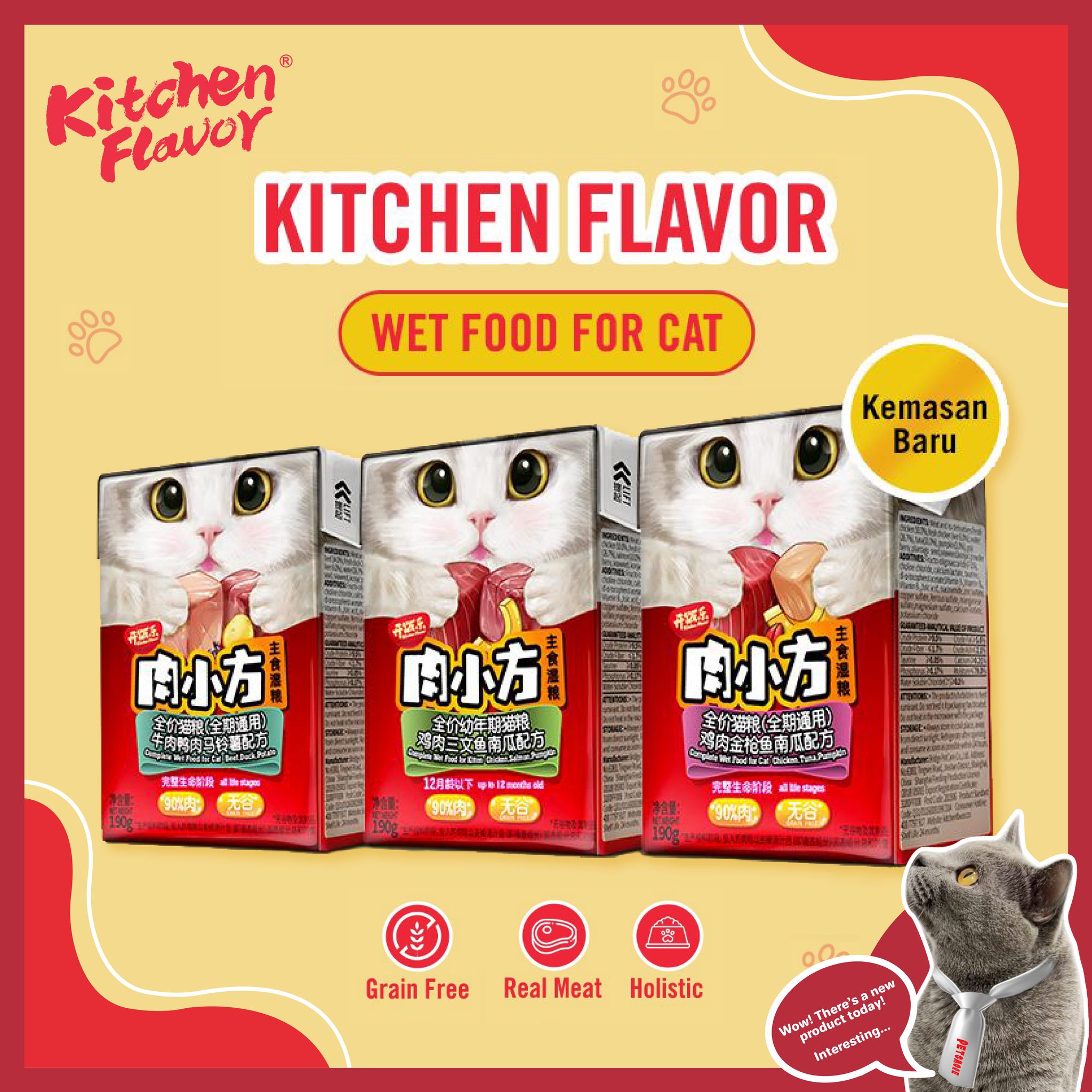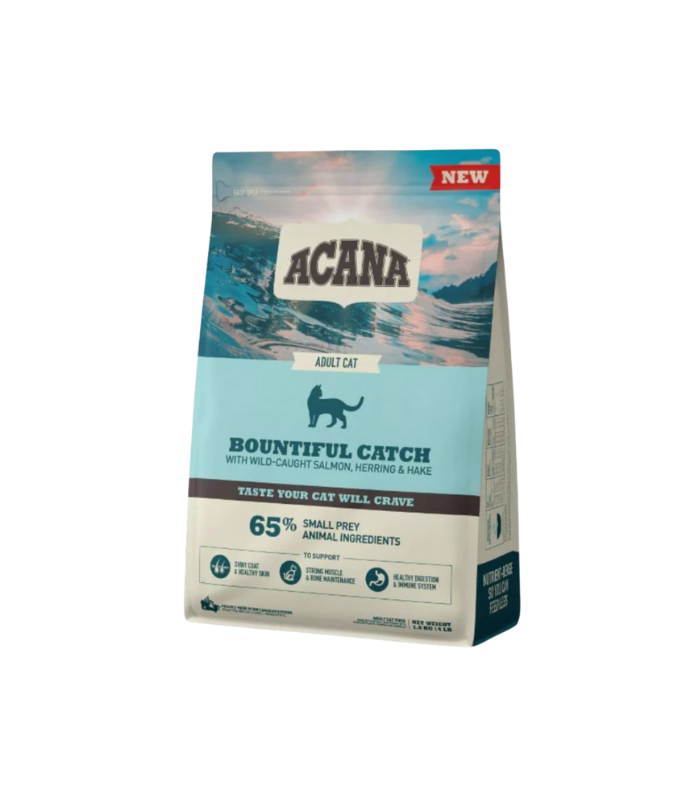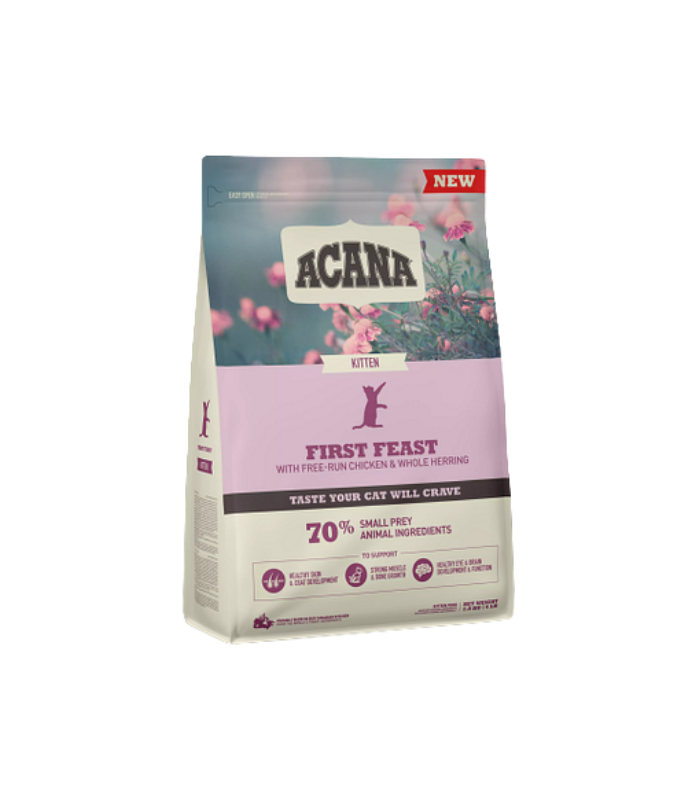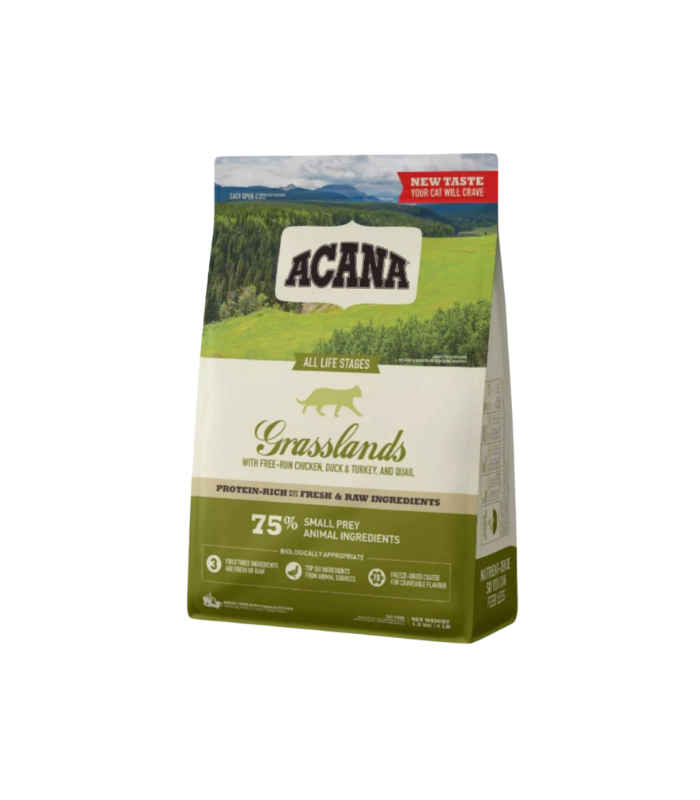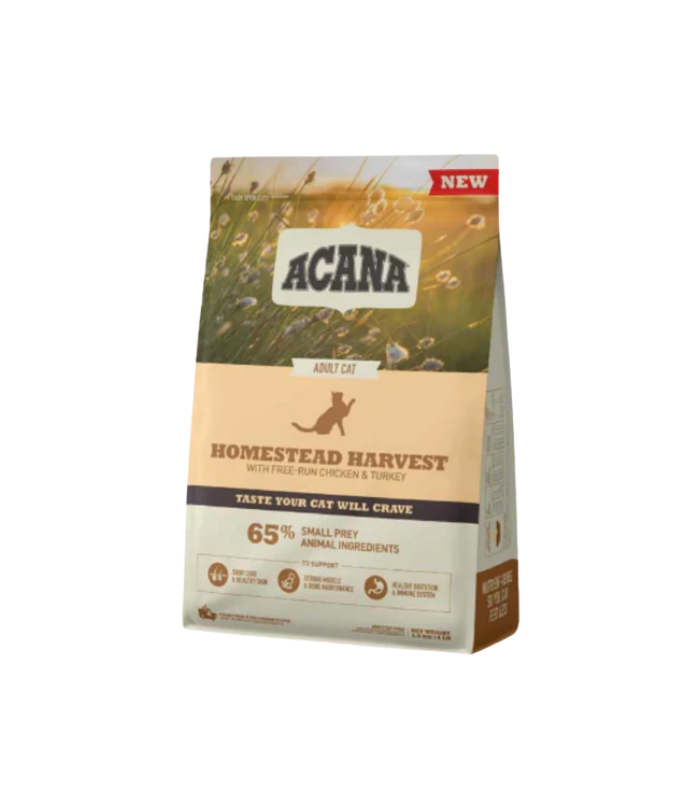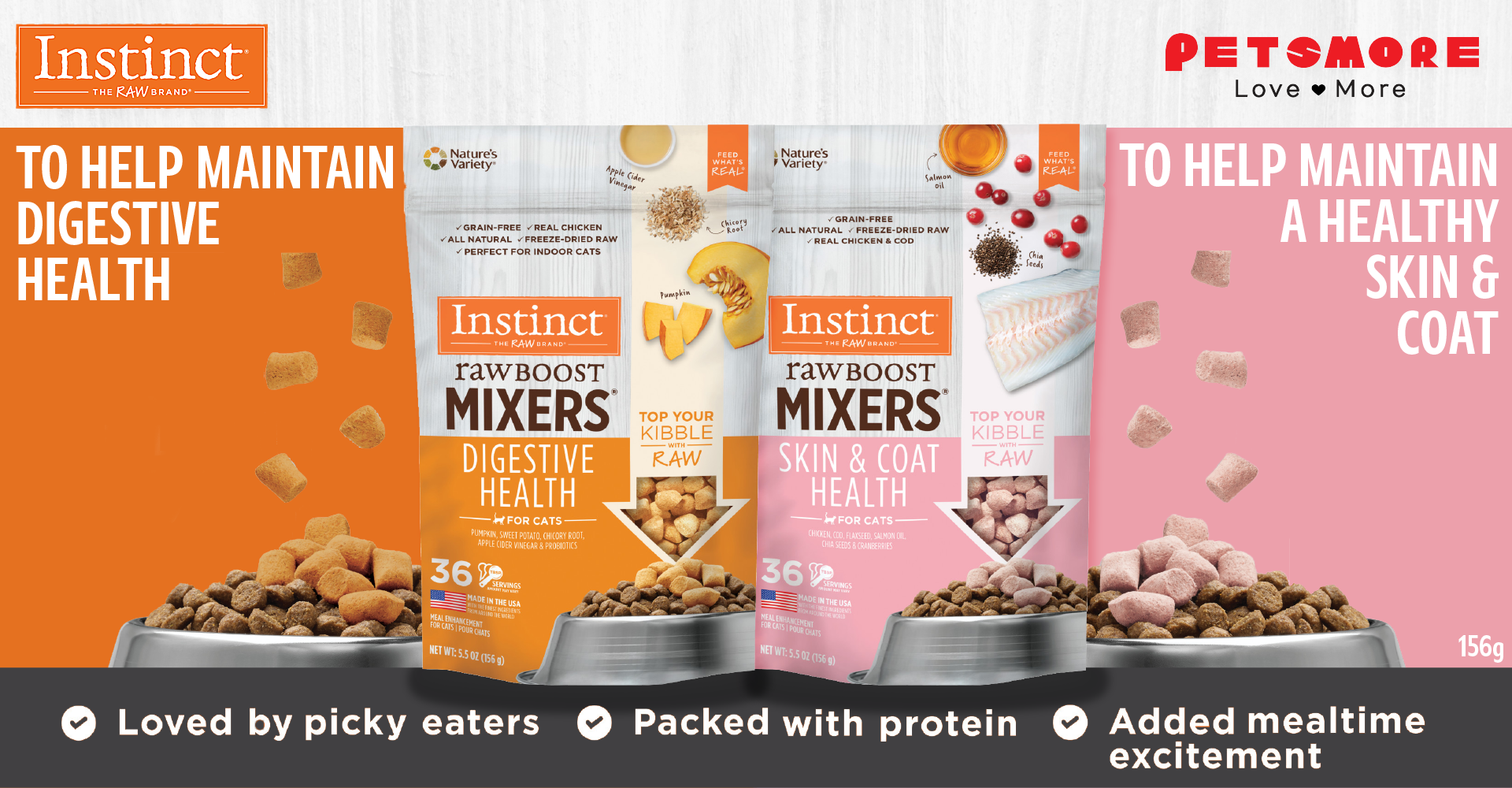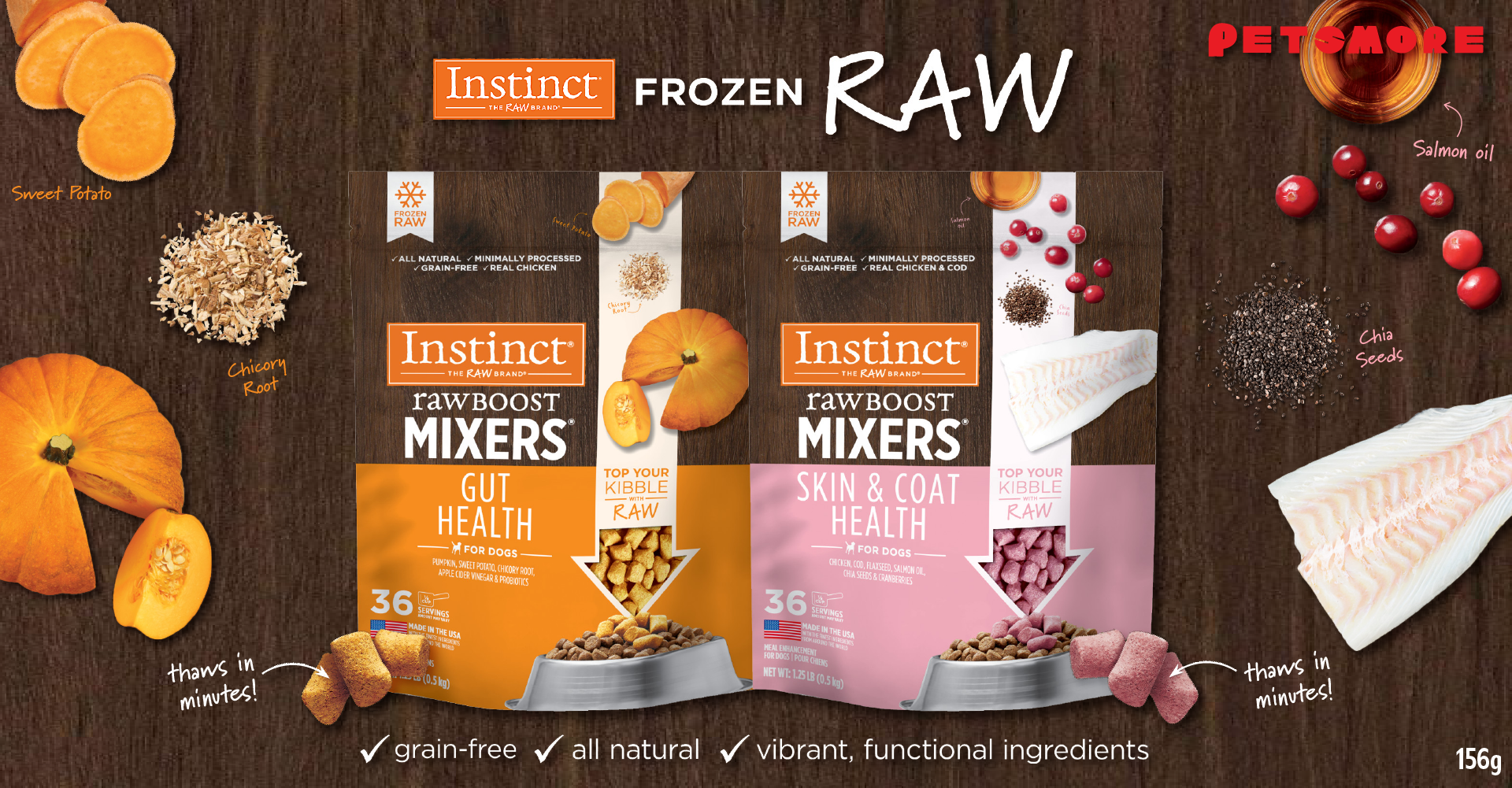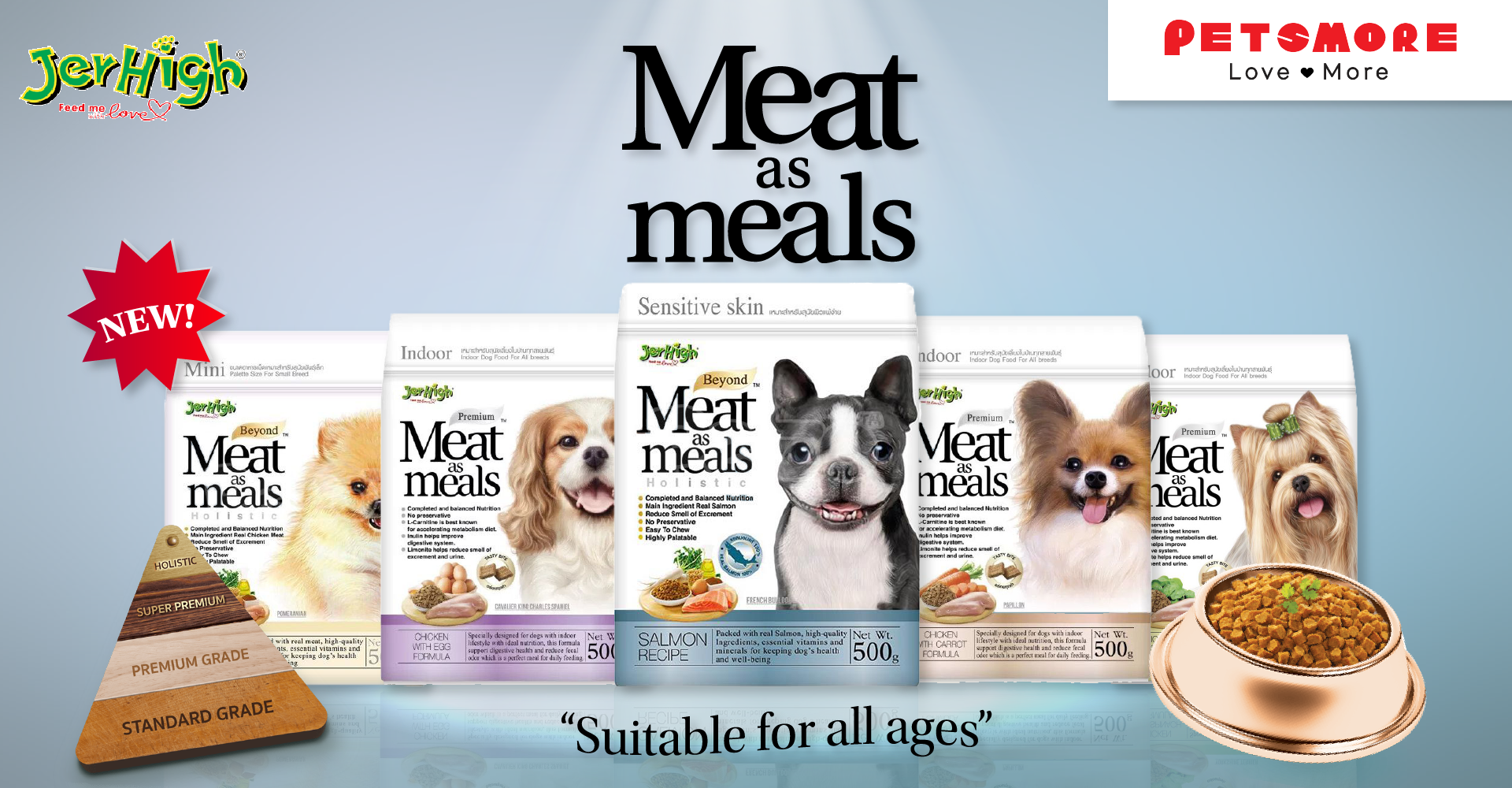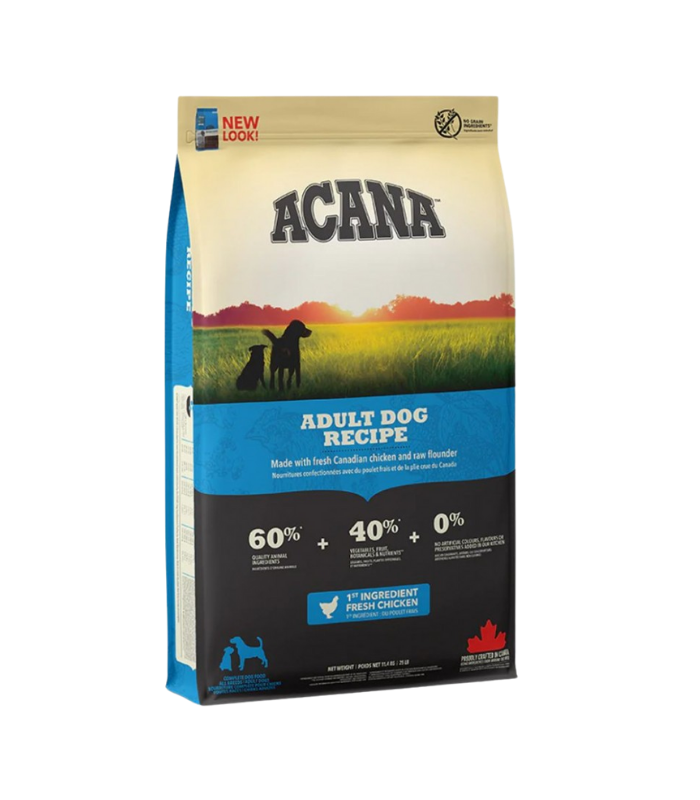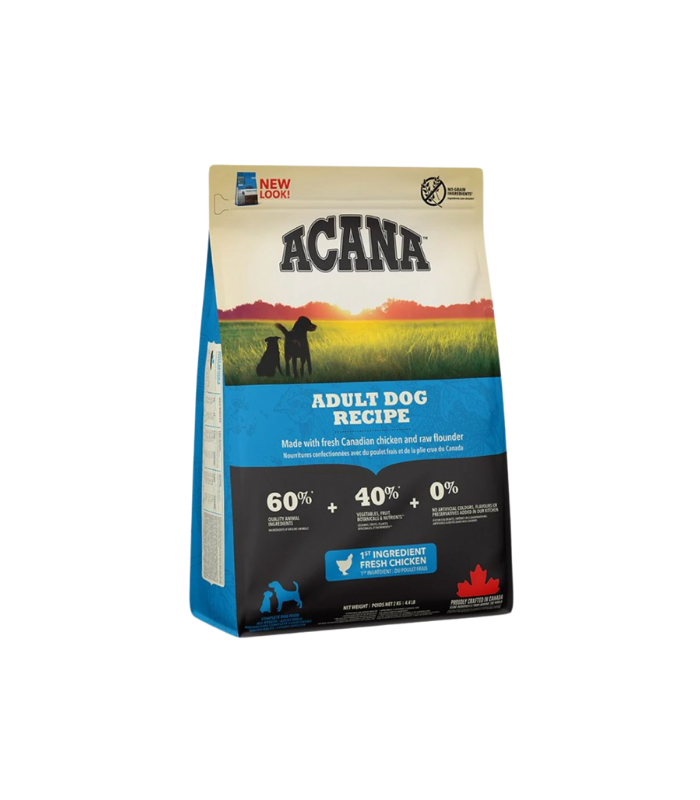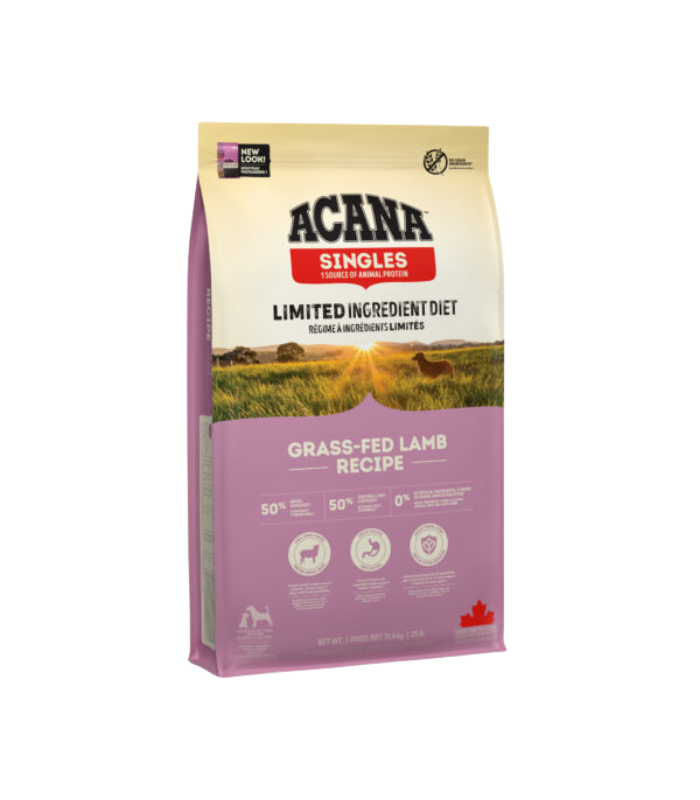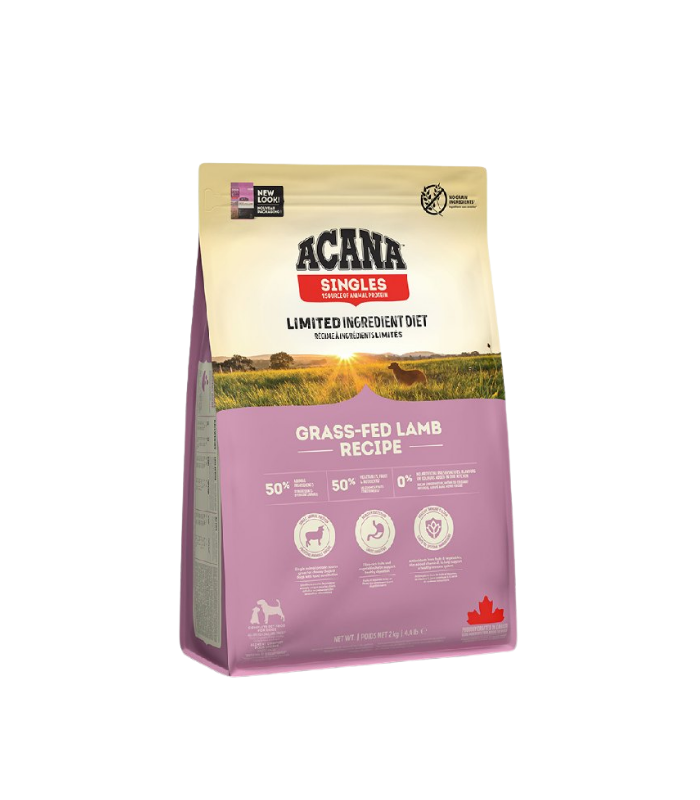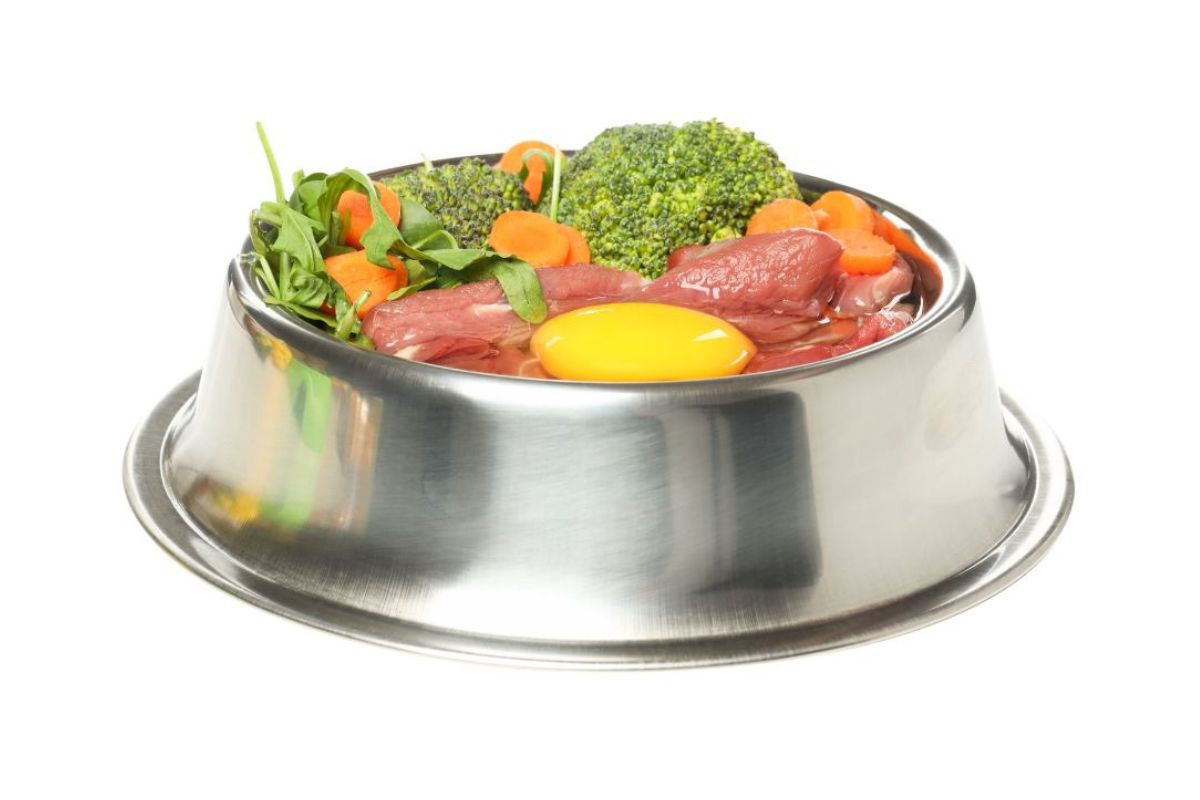Because not everything trending on TikTok is good for your pet.
Hi pet parents! Vet Nurse Zoe here.
We know how much you love to spoil your pets—especially when social media is full of fun snack ideas, “miracle” supplements, and trendy raw meals. But before you jump on the latest TikTok trend, let’s talk honestly:
Which of these are actually helpful? And which could be harmful?
This article breaks down the truth behind popular treats, supplements, and diet trends—so you can make smart, safe choices for your furry family.
🍪 1. Treats: Love in Moderation!
It’s easy to overdo it—after all, who can resist those puppy eyes? But too many treats can cause:
- Weight gain and obesity
- Nutritional imbalance
- Picky eating habits
⚠️ Treat Rule:
Treats should make up no more than 10% of your pet’s daily calories.
Example: If your dog needs 500 kcal/day → Treat limit = 50 kcal/day
Yes, even snacks have calories! Especially dental chews, biscuits, jerkies, and “natural” treats like dehydrated meats—they may be high in fat or sodium, and not designed for daily use.
💡 Tip: Save higher-calorie treats for training or playtime, and go for low-cal options like freeze-dried liver, veggie bites, or vet-approved chews.
💊 2. Supplements: Helpful or Just Hype?
Supplements can support your pet’s health—but only if used with purpose. Here are a few common ones:
|
Supplement |
Why Use It |
|
Omega-3 (Fish Oil) |
Anti-inflammatory, good for joints and skin |
|
Probiotics |
Support gut health, especially during stress |
|
Glucosamine + Chondroitin |
Joint protection, especially in senior pets |
🚫 BUT: More is not better! Randomly stacking supplements can throw off your pet’s nutrient balance, or even cause harm.
👉 Always talk to your vet before starting a new supplement—especially for long-term use.
🥩 3. Trendy Diets: Raw, Freeze-Dried, Homecooked?
There’s no “one perfect diet” for every pet. Each feeding trend has its own pros and cons:
🍖 Raw / BARF (Biologically Appropriate Raw Food)
Pros: Minimally processed, some pets love the taste
Cons:
- Risk of bacterial contamination (Salmonella, E. coli)
- Nutrient imbalances common without expert formulation
- Not recommended for homes with children or immunocompromised individuals
❄️ Freeze-Dried Raw
Pros: Easier to store and handle, often safer than fresh raw
Cons:
- Can be very costly
- Not all brands are complete and balanced—check the label! And afterall, it is still considered as RAW diet.
🍳 Homecooked Meals
Pros: Full control over ingredients
Cons:
- Often not nutritionally complete without expert help
- Simply cooking meat and veggies isn’t enough—your pet needs precise vitamins, minerals, and calcium
💡 Remember: No matter what you feed—balance is everything. Consult a vet or pet nutritionist to ensure the diet supports long-term health.
🧂 4. What to Be Careful Of:
🚩 “Health” Trends That May Mislead:
|
Trendy Ingredient |
Risk to Watch |
|
Coconut oil |
High in fat—may worsen pancreatitis or obesity |
|
Turmeric |
Needs proper dosage and formulation to be helpful |
|
Bone broth |
Can be great—but may be too salty if homemade |
🚫 Human foods like cheese, toast, or deli meat?
Often too salty or fatty for pets—even in small amounts.
🚫 Miracle powders or detox treats with vague claims?
Be skeptical! Always check if the product is vet-approved and backed by science.
🧠 Bottom Line:
We know you want the best for your pet—and treats, supplements, or diet changes can absolutely support their health. But they work best when used:
- Thoughtfully
- In moderation
- With your pet’s individual needs (especially if they have medical condition) in mind
🦴 Final Woof (or Meow!)
Pet nutrition is a big and ever-evolving topic—it’s impossible for me to know everything or give perfect advice for every pet.
But if there’s one great first step, it’s this: choose a balanced diet that fits your pet’s individual needs and medical conditions. That alone makes a huge difference. ❤️🐶🐱
Disclaimer:
I am not a veterinarian or certified pet nutritionist. The information shared in this article is based on general pet care knowledge and current guidelines, and is intended for healthy, adult cats and dogs only.
For pets with medical conditions, special dietary needs, or if you’re unsure what’s best, please consult your veterinarian or a qualified pet nutritionist before making changes to their diet, supplements, or feeding routine.
References:
- Association of American Feed Control Officials (AAFCO). (2023). AAFCO Dog and Cat Food Nutrient Profiles. Retrieved from https://www.aafco.org
- National Research Council (NRC). (2006). Nutrient Requirements of Dogs and Cats. Washington, DC: The National Academies Press.
- Pet Food Institute. (2023). What’s in Pet Food? Retrieved from https://www.petfoodinstitute.org
- WSAVA Global Nutrition Committee. (2019). WSAVA Nutritional Assessment Guidelines. Retrieved from https://wsava.org/global-guidelines/global-nutrition-guidelines/
- Czarnecki-Maulden, G. (2020). Feeding Your Pet: Myths and Facts. Nestlé Purina Institute. Retrieved from https://www.purina.institute
- Larsen, J. A., & Fascetti, A. J. (2019). Home-Prepared Diets for Pets: Helpful or Harmful? Veterinary Clinics: Small Animal Practice, 49(2), 303–313. https://doi.org/10.1016/j.cvsm.2018.10.003
- Freeman, L. M., et al. (2018). Diet-associated dilated cardiomyopathy in dogs: what do we know? Journal of the American Veterinary Medical Association, 253(11), 1390–1394. https://doi.org/10.2460/javma.253.11.1390
- Tufts University Cummings School of Veterinary Medicine. (2024). Petfoodology: The Science of Pet Nutrition. Retrieved from https://vetnutrition.tufts.edu
- FDA Center for Veterinary Medicine. (2023). FDA Advises Caution with Raw Pet Food. Retrieved from https://www.fda.gov/animal-veterinary
- Vet Calculators. (n.d.). Daily Calorie Calculator for Dogs and Cats. Retrieved from https://vetcalculators.com/calories.html

About Vet Nurse Zoe
Zoe is a dedicated veterinary nurse who has been practicing in a veterinary clinic since 2022. She is committed to providing high-quality care for animals while continuously expanding her knowledge to better serve pets and their owners.
In collaboration with Petsmore, she aims to provide reliable and practical information to help pet owners make informed decisions about their pets’ well-being. Learn more about Zoe by checking her bio or following her on Instagram at @vetnursezoe!
